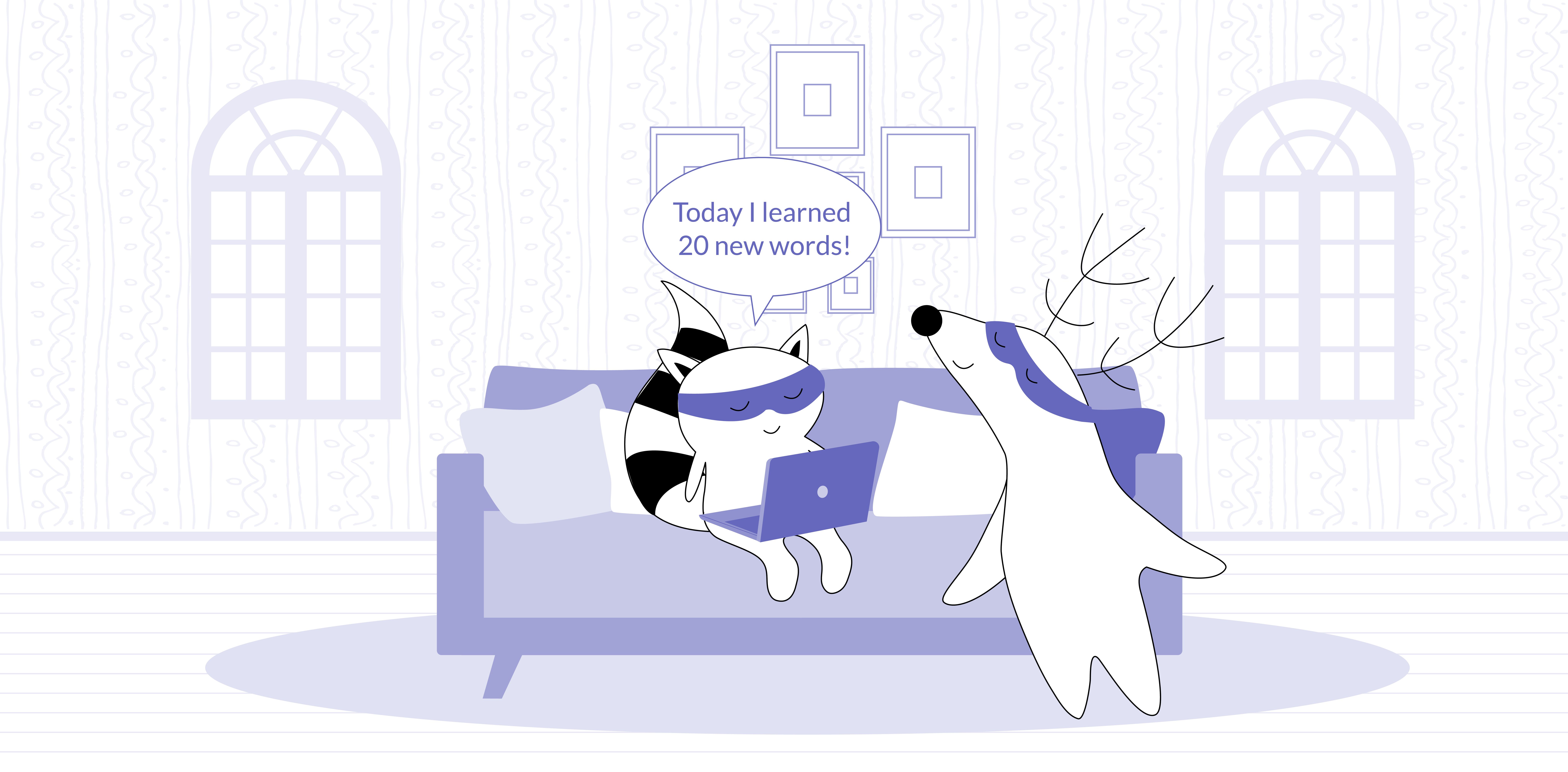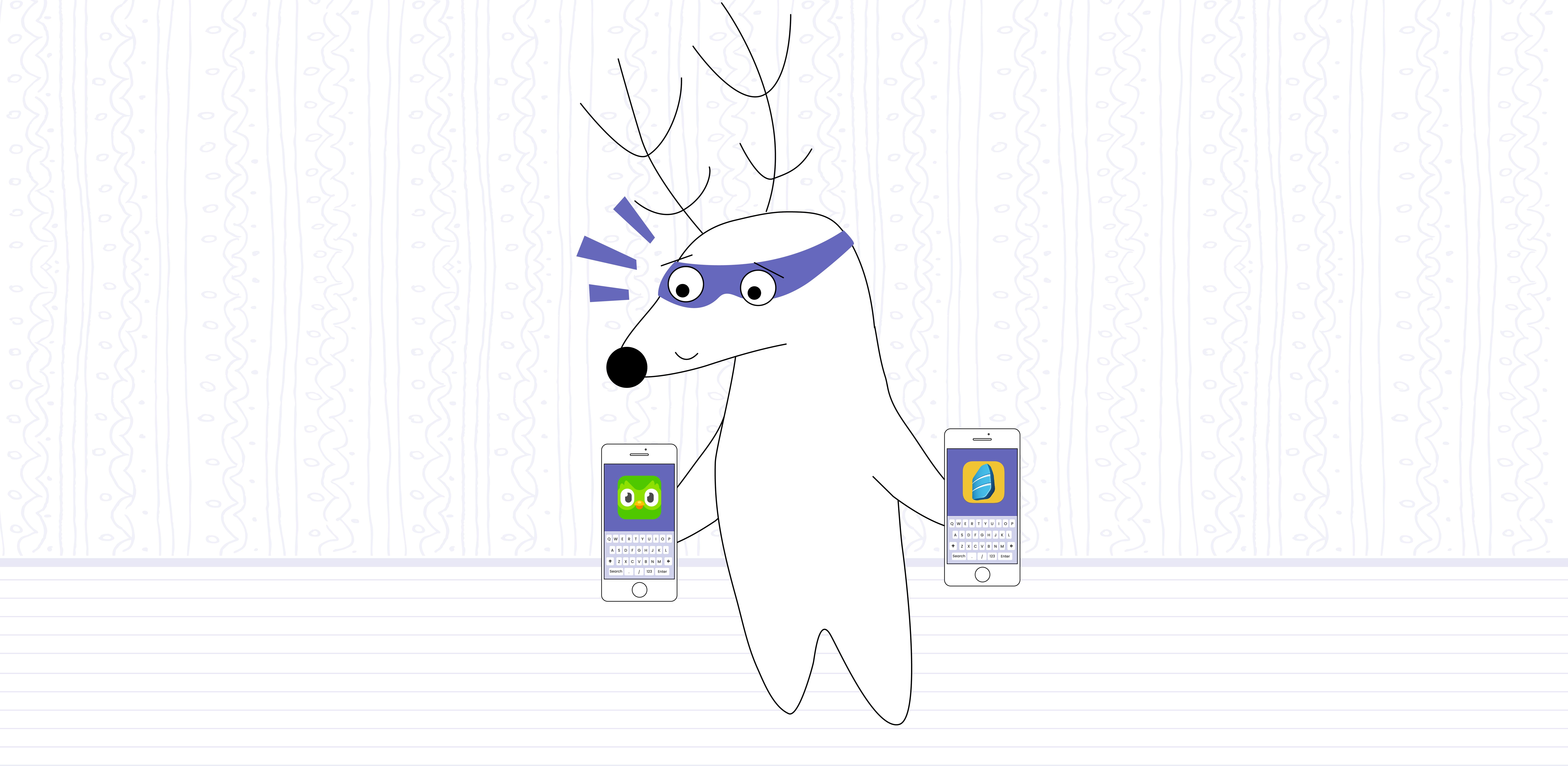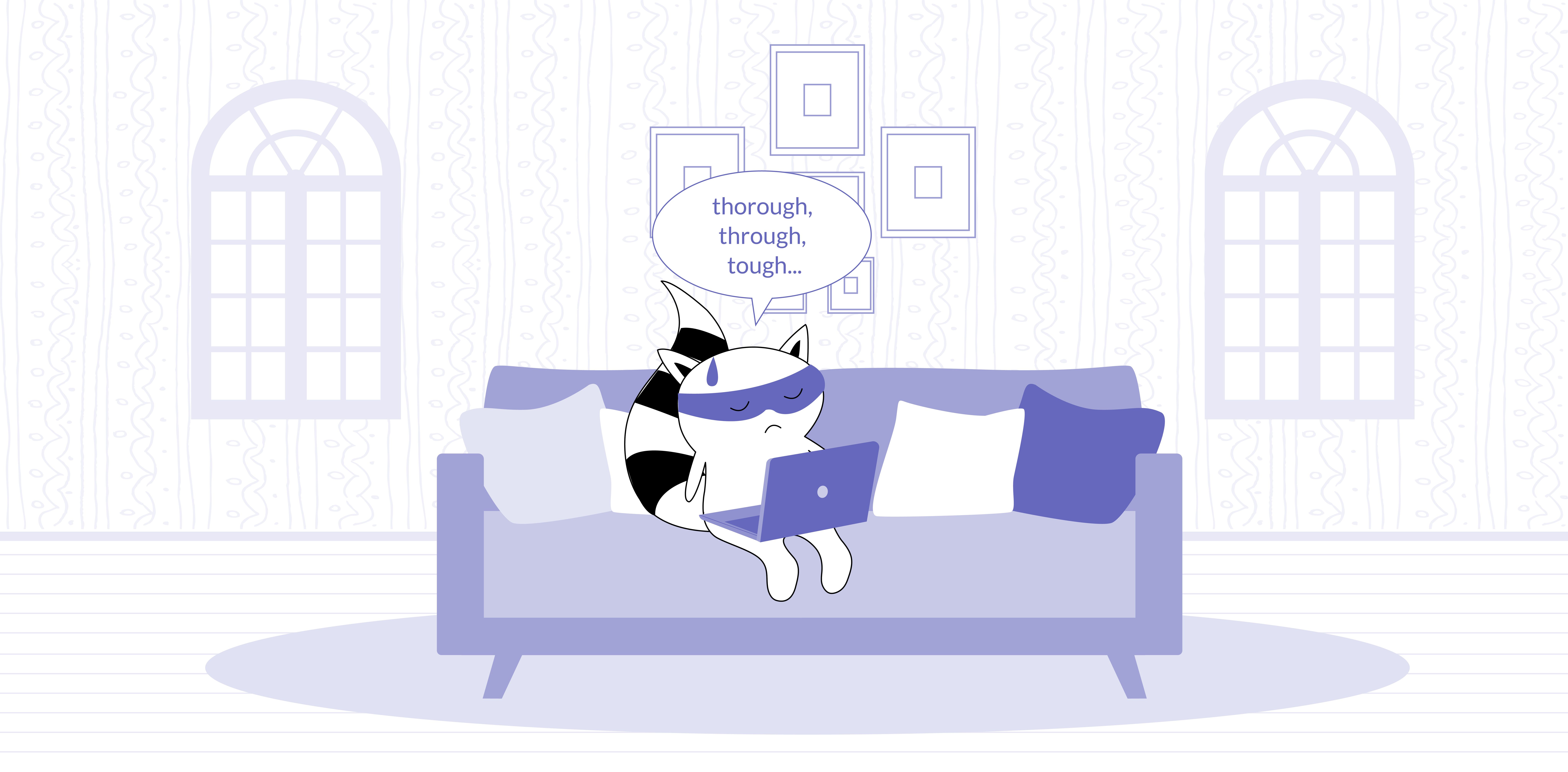
Learning pronunciation is one of the most challenging aspects of acquiring a new language. Many people who learn from a textbook or written exercises can successfully remember grammar rules and new vocabulary, but find themselves in trouble when it comes to saying the words out loud.
Or, maybe you had a lot of good input, such as listening to native speakers on YouTube, but never had enough practice to learn the correct pronunciation of words and phrases.
Whatever the reason, the good news is that you only need time and dedication to take your pronunciation to the next level. If you lack good ideas to start, we’ll show you how to improve your English pronunciation most easily.
Learn English with Langster
How to Learn the Pronunciation of English Words
The English language has some complex rules about pronunciation and stress. There's no letter-sound correlation, and many varieties of the language (such as American, Australian, and British English) have their own features.
So, the first thing you need to do is pick one variety and learn its pronunciation system. Sounds complicated? Here, we present you with useful ideas and strategies to lose your accent and learn the English pronunciation system.
Learn Phonemes
Did you know that there's a system used to express sounds (phonemes) instead of letters? This is called the International Phonetic Alphabet (IPA), and it’s a great asset for any English student.
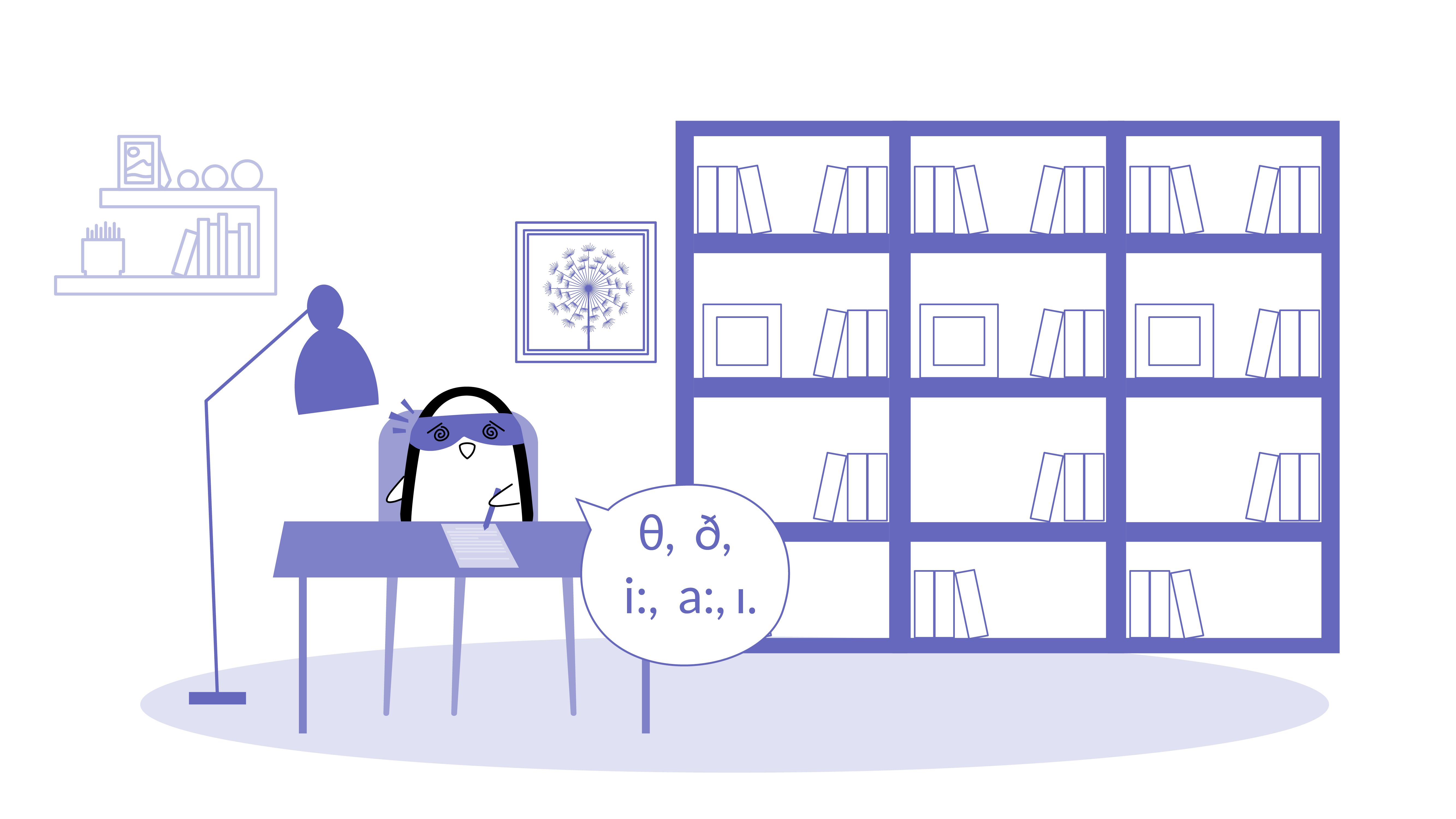
The IPA chart for English has 44 phonemes (8 diphthongs, 12 vowels, and 24 consonants), while there are only 26 letters. How is this possible? Well, a single letter can have multiple pronunciations. Let's have a look at some examples.
- The pair of letters "th" can have two different pronunciations. It can be the sound /θ/ as in "threaten" or "thousand" or /ð/ as in "this" or "there."
- And, see what happens with vowels: In phonetics, we have the vowel sound short /ɪ/ as in "sit" and long /i:/ as in "feel."
So, learning the IPA chart is incredibly useful for getting familiar with how sounds (and then words and phrases) are pronounced in English. This is connected with learning how to use a pronunciation dictionary, which is our next point to discuss.
Learn How to Use a Pronunciation Dictionary
You probably already know how to use a traditional dictionary, but did you know there are special dictionaries that only include pronunciation features without definitions?
The Longman Pronunciation Dictionary, for example, shows you the IPA transcription next to the word you are searching for. This will give you the exact pronunciation of the term, together with its stress placement.

This is incredibly useful if you know the meaning of the word, but you've never heard it before. And, the best part is that it can be found online.
Listen to Native English Speakers
One of the best ways to learn pronunciation is to listen to native speakers using it. If you live in a country where English is not spoken natively, don't feel discouraged. Today, the internet has thousands of excellent resources. These are some examples:
- TED Talks.
- YouTube channels.
- Songs on Spotify or Vimeo.
- Podcasts.
- The news.
- TV shows and movies.
If you're only a beginner, certain words will be unknown or more difficult than others. We recommend that you look for graded materials (for example, that includes a transcript) so you can enjoy the experience instead of getting frustrated.
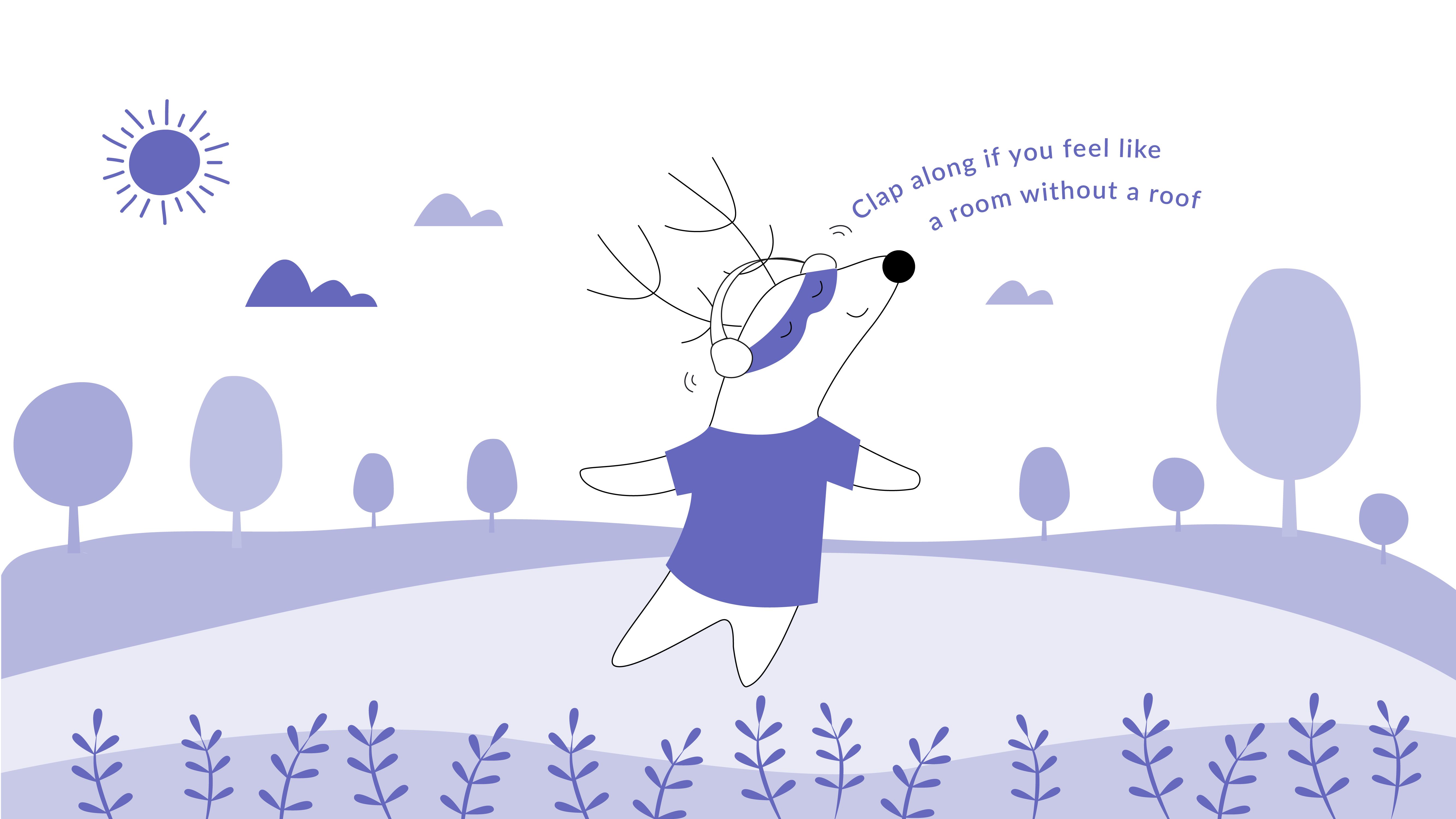
As we said before, the English language has many varieties (such as American English or British English), so pick the one you'd like to model after and then start listening carefully before going to the next step: recording yourself.
Record Yourself
Recording yourself can be a useful strategy if you don't have anyone who can give you feedback on your performance. We understand: nobody really wants to hear their own voice in a recording, particularly if you're making mistakes. But, sometimes, it’s the only resource we have available to learn and improve the way we pronounce words in English.
Your recording doesn't need to be something formal or very long. Just use your cellphone to record yourself singing, practicing tongue twisters, or mimicking dialogue from a movie or your favorite novel.
The most important thing is that you go over the recording later, trying to spot mistakes and areas of improvement. Comparing your recording to the original song or movie dialog can be a great strategy to advance your skills.
Make New Friends
Having a conversation with native speakers is not the only way to improve your English pronunciation. You can also practice by finding someone else who’s learning the language and help each other take your skills to the next level.

If none of your friends are learning English at the moment, don't worry. You can use apps like Tandem to meet people from all over the world who want to participate in a language exchange.
At some point, you may feel comfortable enough to make video calls and provide feedback to each other regarding your English skills.
Some Tips to Give Feedback
- Take down notes to remember the feedback you want to give when the conversation ends.
- Be polite and try to point out good things instead of mistakes only.
- Pay attention to sounds but also to intonation and stress.
The Bottom Line
The English language is not only fascinating but also useful in today’s world. And, one of the main features of spoken communication is pronunciation.
While this can be one of the most difficult aspects to improve, especially when you don’t have a teacher to help you, there are many strategies and resources, like language apps, that can help you pronounce like a native speaker.
With patience, motivation, and the tips we mentioned above, we’re sure you’ll soon be having conversations with a perfect English accent!







